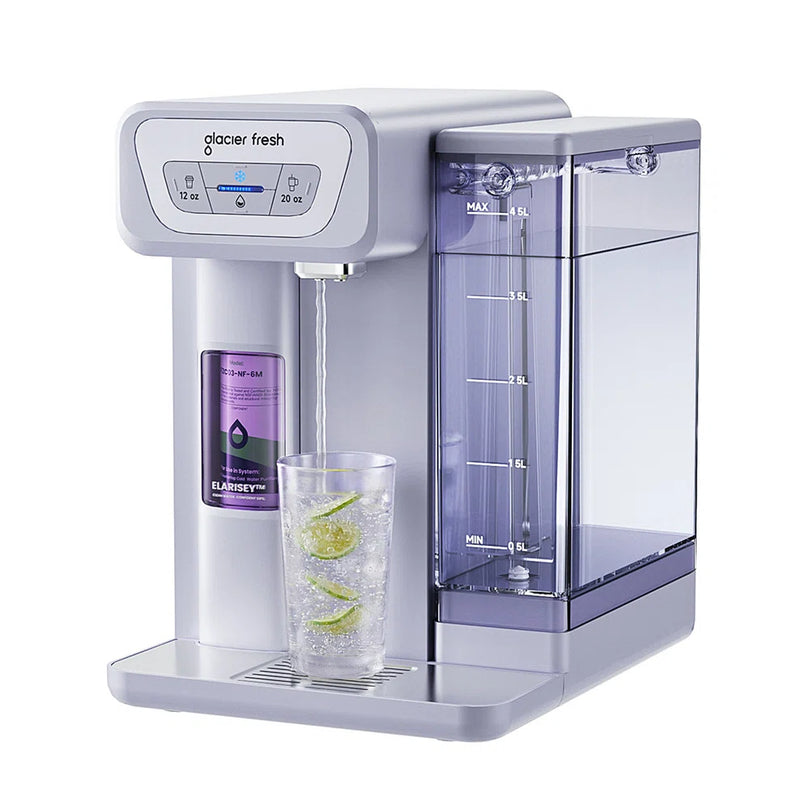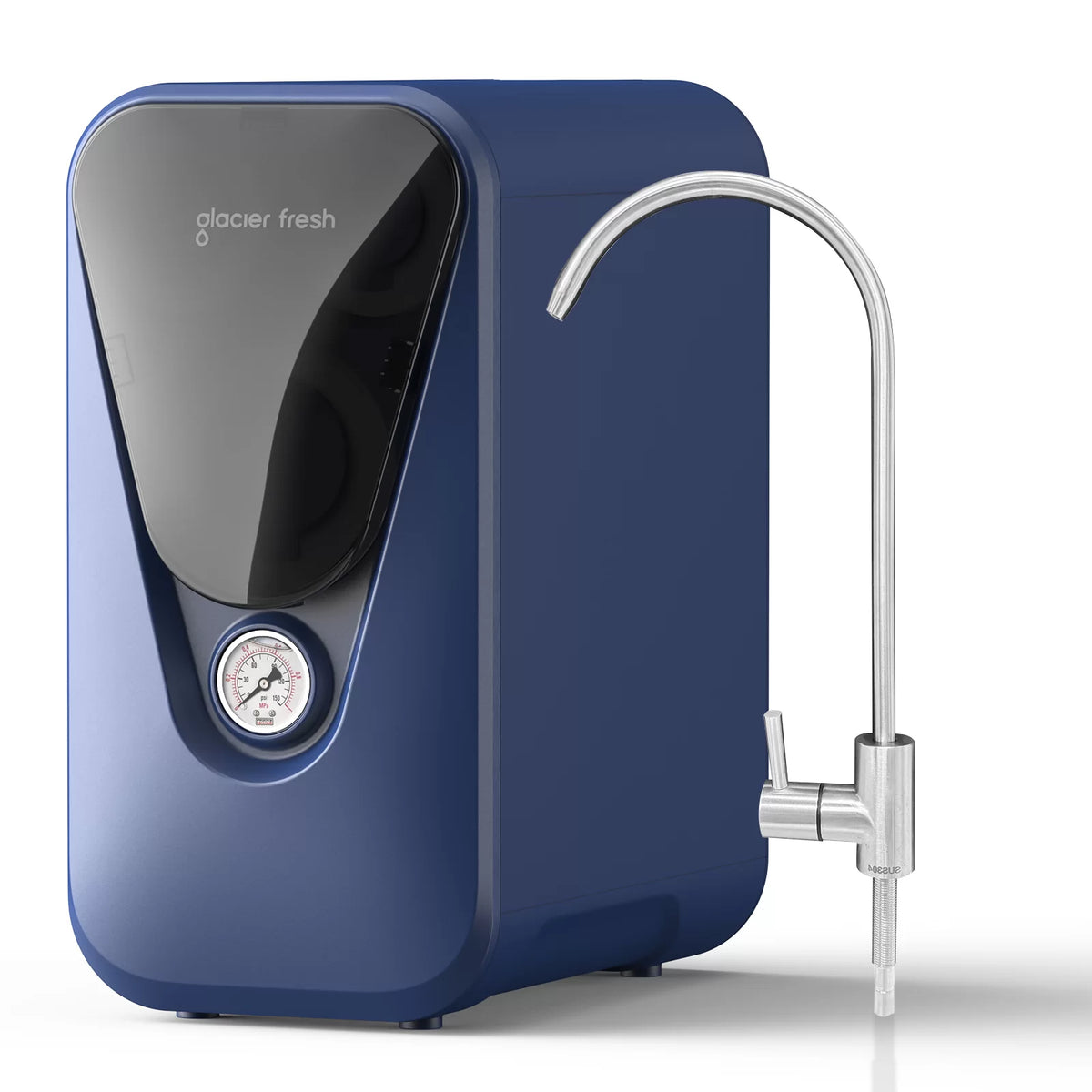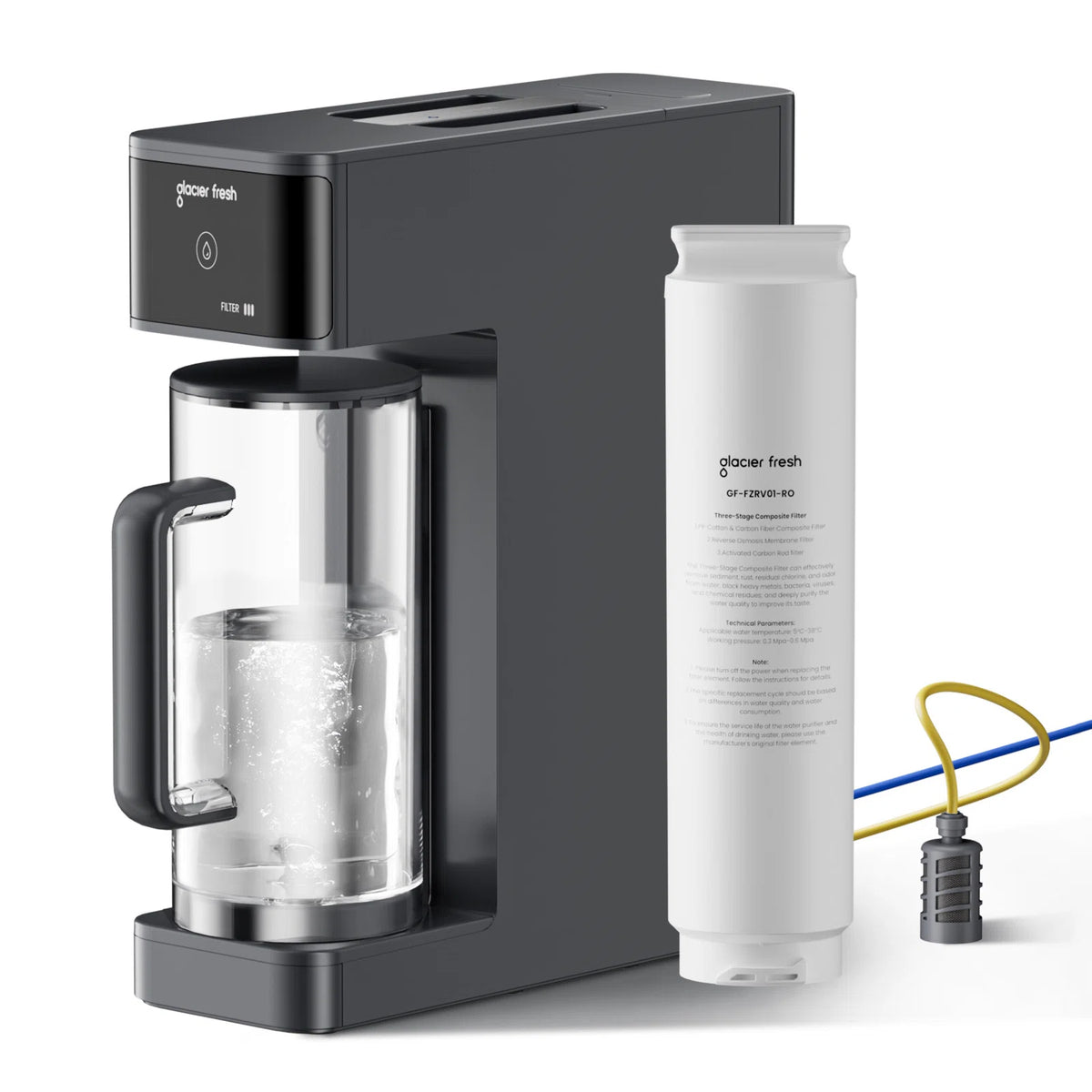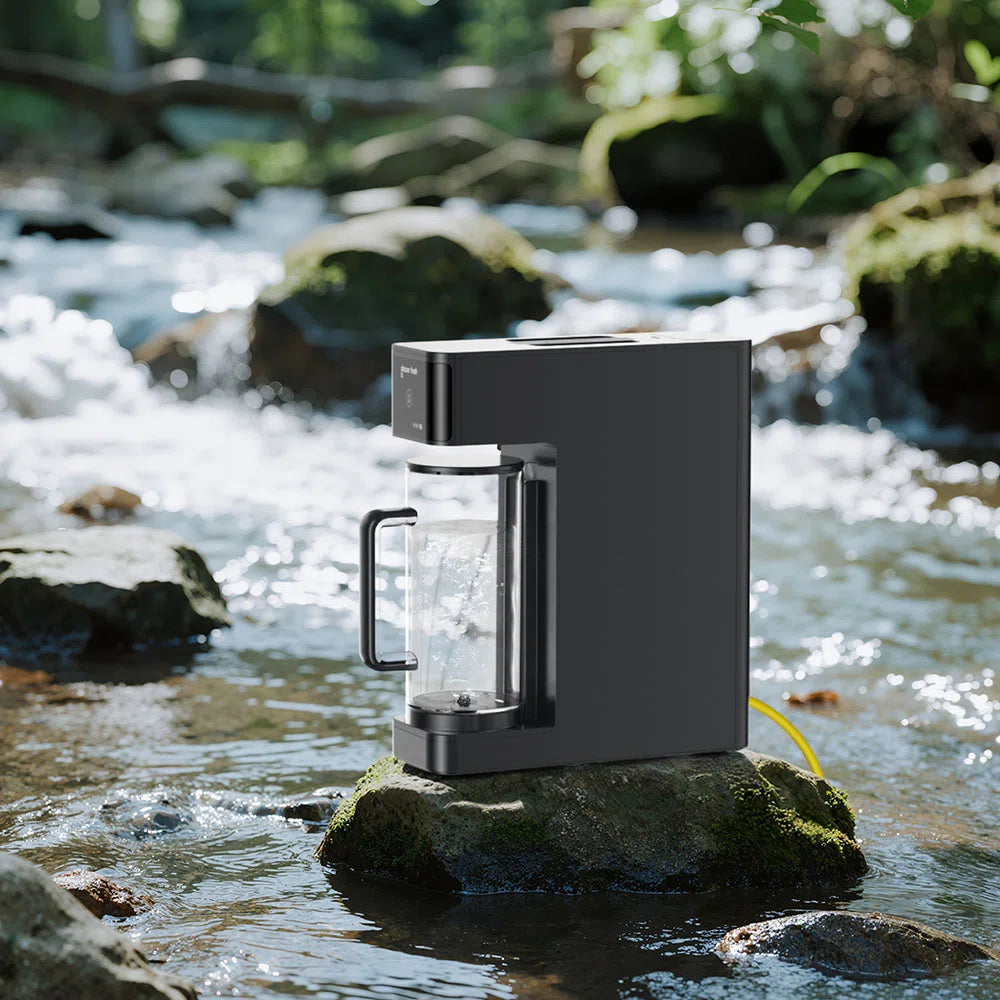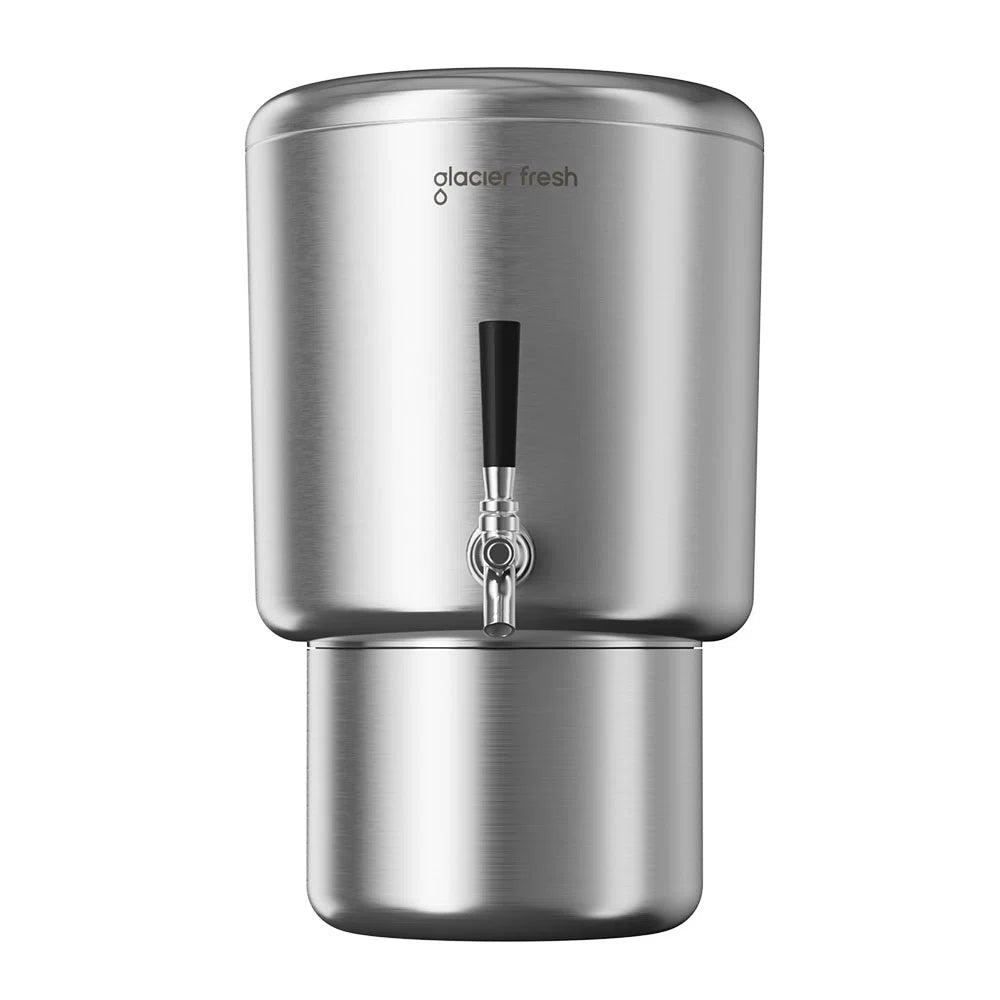Table of Contents:
Why is it important to drink more water during winter?
How much water do you need to drink in winter?
Cold water VS mild water VS hot water, which is best in winter?
Recommended daily water intake and timing
Five healthy drinking habits you should follow in winter
FAQs
Conclusion
During the winter season, it is crucial to maintain proper hydration levels despite the colder temperatures. Understanding water drinking habits and practices can help ensure optimal health and well-being. This article provides valuable insights into the importance of drinking more water during winter, the recommended daily water intake, and the best temperature to consume it.
Additionally, it will outline five healthy drinking habits that should be incorporated into your routine for a healthier lifestyle. By following these guidelines, you can effectively address the challenges posed by winter and maintain adequate hydration levels throughout the season.
Why is it important to drink more water during winter?

Drinking adequate water during winter is crucial for maintaining proper hydration levels and supporting overall health. Despite the cold weather, staying hydrated is just as important during winter as in other seasons. There are several vital reasons why drinking more water during this time of the year is essential.
Firstly, staying hydrated provides numerous benefits to our body. It helps regulate body temperature, assists digestion and nutrient absorption, and lubricates joints. Additionally, proper hydration supports the functioning of vital organs and helps maintain a healthy weight.
During winter, the risks of dehydration are often overlooked. The cold weather can trick us into thinking that we are not losing much fluid through sweat, but in reality, our body still needs sufficient water. Winter dehydration can lead to symptoms like dry skin, fatigue, dizziness, and decreased cognitive function.
Drinking enough water also supports the immune system, which is particularly important during the winter months when cold and flu viruses are more prevalent. Staying hydrated helps flush out toxins and supports the production of immune cells, enhancing our body's ability to fight illness.
Furthermore, proper hydration is essential for maintaining skin health. Cold winter air can cause dryness and irritation, leading to cracked and flaky skin. Drinking enough water helps to keep the skin hydrated from within, promoting a healthy and radiant complexion.
Lastly, winter exercise can further increase the need for water intake. Even though we may not feel as thirsty during colder temperatures, it is important to remember to drink water before, during, and after physical activity to prevent dehydration.
How much water do you need to drink in winter?
You need to adjust your water intake in winter to ensure you stay adequately hydrated. Adults' recommended daily water intake is about 3.7 liters for men and 2.7 liters for women. However, this can vary depending on factors such as your activity level, climate, and overall health.
Drinking enough water in winter to prevent dehydration is essential, as the cold weather can make you less aware of your body's hydration needs. The dry indoor air caused by heaters can also contribute to dehydration. To meet your daily water intake, you can include warm beverages like herbal tea, hot water with lemon, or warm soups in your diet. Remember to drink water regularly throughout the day to maintain adequate hydration levels.
Cold water VS mild water VS hot water, which is best in winter?

When considering the best water temperature for winter hydration, weighing the benefits and drawbacks of cold water, mild water, and hot water is important. Each temperature uniquely affects our health, hydration levels, immune system, and thermal regulation. Let's take a closer look at the advantages and disadvantages of each:

When it comes to selecting the best water temperature in winter, it ultimately depends on personal preference and specific circumstances. Cold water can provide a refreshing boost, but it may not be suitable for everyone, especially those with sensitive digestion. Mild water offers a neutral option that supports hydration without impacting body temperature, making it a safe choice for most individuals.
Hot water can offer soothing benefits, but caution must be exercised to avoid burns and dehydration. It's important to listen to your body's needs and choose the water temperature that best meets them, ensuring optimal hydration and overall well-being.
Recommended daily water intake and timing

What is the appropriate daily water intake and timing for optimal hydration in winter? Proper hydration is essential for maintaining good health, especially during winter, when dehydration can be a common problem. To ensure that you stay hydrated and healthy, here are some essential tips to consider:
- Drink water regularly throughout the day: Aim to drink water at regular intervals to maintain hydration levels. Set reminders or carry a water bottle to help you stay on track.
- Adjust water intake based on your age: The daily water intake requirement varies depending on age. Children and older adults may need to consume less water than young adults. Consult with a healthcare professional to determine the appropriate water intake for your age group.
- Be mindful of winter hydration challenges: Cold weather can make us less aware of our thirst, leading to decreased water intake. Additionally, indoor heating systems can cause dryness, further dehydrating the body. Stay vigilant and make a conscious effort to drink water regularly.
- Understand the benefits of proper hydration: Proper hydration boosts the immune system, improves digestion, and helps maintain healthy skin. It also aids in body temperature regulation, which is important during cold weather.
Five healthy drinking habits you should follow in winter
Stay hydrated throughout the day
Stay hydrated throughout the day by drinking plenty of water to keep your body functioning at its best. Water is essential for maintaining the balance of bodily fluids, regulating body temperature, and supporting various functions such as digestion, circulation, and nutrient absorption. Dehydration can lead to fatigue, headaches, and decreased cognitive function, so it's important to replenish your body with water regularly.
Aim to drink at least eight glasses of water daily, and more if you're physically active or in a hot environment. Don't wait until you feel thirsty, as thirst is a sign that your body is dehydrated. Carry a reusable water bottle and sip water throughout the day to stay hydrated and optimize your overall health and well-being.
Limit consumption of sugary drinks
While it may be tempting to reach for a sugary soda or juice to warm up during the cold winter months, these drinks can have negative effects on your health. Sugary drinks are high in calories and can contribute to weight gain, which is especially concerning during a season when physical activity may be reduced.
Additionally, excessive consumption of sugary drinks is linked to an increased risk of developing conditions such as obesity, type 2 diabetes, and heart disease. Instead, opt for healthier alternatives like water, herbal tea, or freshly squeezed fruit juice without added sugars.
Embrace warm herbal teas

While reaching for a sugary soda or juice to warm up during the cold winter may be tempting, these drinks can negatively affect your health. Sugary beverages are high in calories and can contribute to weight gain, which is especially concerning during a season when physical activity may be reduced.
So, instead of reaching for that sugary hot chocolate or coffee, opt for a warm herbal tea and reap the benefits of its natural healing properties. Stay cozy and healthy this winter with a comforting cup of herbal tea.
Incorporate nutrient-rich smoothies
Boost your winter wellness by incorporating nutrient-rich smoothies into your daily routine. Smoothies are a delicious and convenient way to pack essential vitamins and minerals during the colder months. Start your day by combining fruits, vegetables, and protein-rich ingredients like Greek yogurt or nut butter. Not only will these smoothies provide you with a burst of energy, but they'll also help boost your immune system and support overall health. Add ingredients like spinach, kale, or spirulina for an extra dose of antioxidants. You can also incorporate warming spices like cinnamon or ginger to add a comforting touch to your smoothies.
Hydrate with infused water and broths
Infused water is a simple and refreshing way to flavor your drinks while staying hydrated. You can invest your water with fruits like lemon, berries, or cucumber for a burst of vitamins and antioxidants. Not only does infused water taste great, but it also helps to detoxify your body and boost your immune system. Additionally, broths are a fantastic way to stay hydrated and warm during the colder months. Broths made from bone or vegetable stock are packed with nutrients and can be enjoyed alone or used as a base for soups and stews.
FAQs
Can drinking more water in winter help prevent dry skin?
Drinking more water in winter can help prevent dry skin. Winter hydration is crucial for maintaining skin hydration and overall winter health. Contrary to popular hydration myths, the temperature of the water does not affect its hydrating properties.
Is drinking more water in winter necessary even if I don't feel thirsty?
Even if you don't feel thirsty, drinking enough water in winter is essential. Hydration myths and winter dehydration risks exist, so maintaining proper water intake is crucial. Cold weather hydration tips can help you stay hydrated without relying solely on thirst cues.
Can I substitute water with other beverages during winter?
While it is possible to substitute water with other beverages during winter for hydration, it is important to prioritize water intake. Hot beverage options like herbal teas can supplement hydration, but water remains essential for maintaining overall health and well-being in cold weather.
Conclusion
In conclusion, staying hydrated during winter is crucial for maintaining overall health and well-being. It is essential to drink adequate water daily, regardless of the temperature. While there is no definitive answer on whether cold, mild, or hot water is best in winter, drinking water at room temperature is recommended. Following healthy drinking habits, such as drinking water throughout the day and paying attention to daily water intake, can help ensure optimal hydration in winter.







